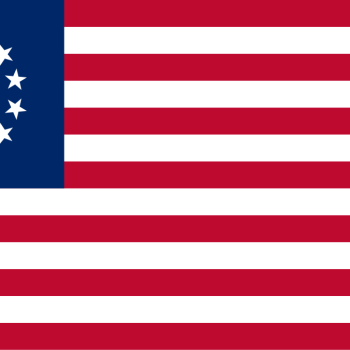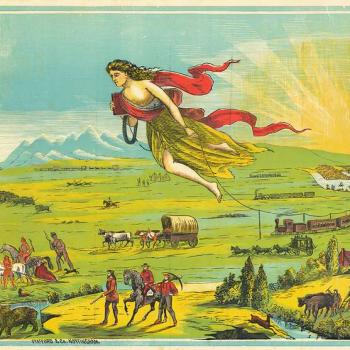Not one single American, gun to head (figuratively speaking), would say, “I’m for inequality” or “inequality is good.” But is inequality what we’re really talking about?
When you step back and examine the concept closely, what becomes clear is that roughly 99.9 percent of Americans — perhaps even North Korea’s favorite son Dennis Rodman — actually like income inequality. This is because we value merit, talent and hard work, and all people aspire to be commensurately rewarded. What, after all, is the opposite of income inequality? Income equality.
That said, let us stipulate that we do have a growing poverty problem in this country, the contributing factors of which are many and complex. But the poor are not poor because Warren Buffett and Bill Gates are rich. No one thinks that Oprah has caused people in Appalachia to be destitute.
Solving our problems is far more difficult than raising public consensus (a.k.a. rabble-rousing) that the rich should be less rich so that the poor can be less poor, a feat that can only be accomplished through redistribution of wealth.
Some of the factors contributing to the income gap are, indeed, tough to tackle, and Obama is not, in fact, a god, as he now seems comfortable conceding. These factors include the loss of jobs for low-skilled workers and the apparent inability of this population, for whatever reasons, to become more skilled. (Perhaps legalizing marijuana will help. If it doesn’t provide enough jobs, at least more people will care less.)
Other factors include: a growing retired population, both in absolute numbers and as a percentage of the population; a dearth of entry-level jobs for college grads saddled with $1 trillion in loan debt (which the government guarantees); the appalling rate of children born out of wedlock, a now-systemic condition that condemns a new generation to another cycle of poverty, as Democratic Sen. Daniel Patrick Moynihan pointed out five decades ago and Obama has reiterated.
Add to these the grinding down of low-skill wages thanks to a global economy that rewards the professional class — lawyers, doctors, engineers and, yes, television talk-show hosts. And, voilà, a growing income gap.
But is it inequality?
What is missing from the trumpeting of income inequality is the hundreds of billions in annual government redistribution that already takes place. How much will be enough to satisfy the inequality camp? When incomes are equal?
In the end, fairness isn’t the issue. The issue is justifying policies — government intervention, higher taxes, spending and redistribution — that can’t otherwise be easily sold.














